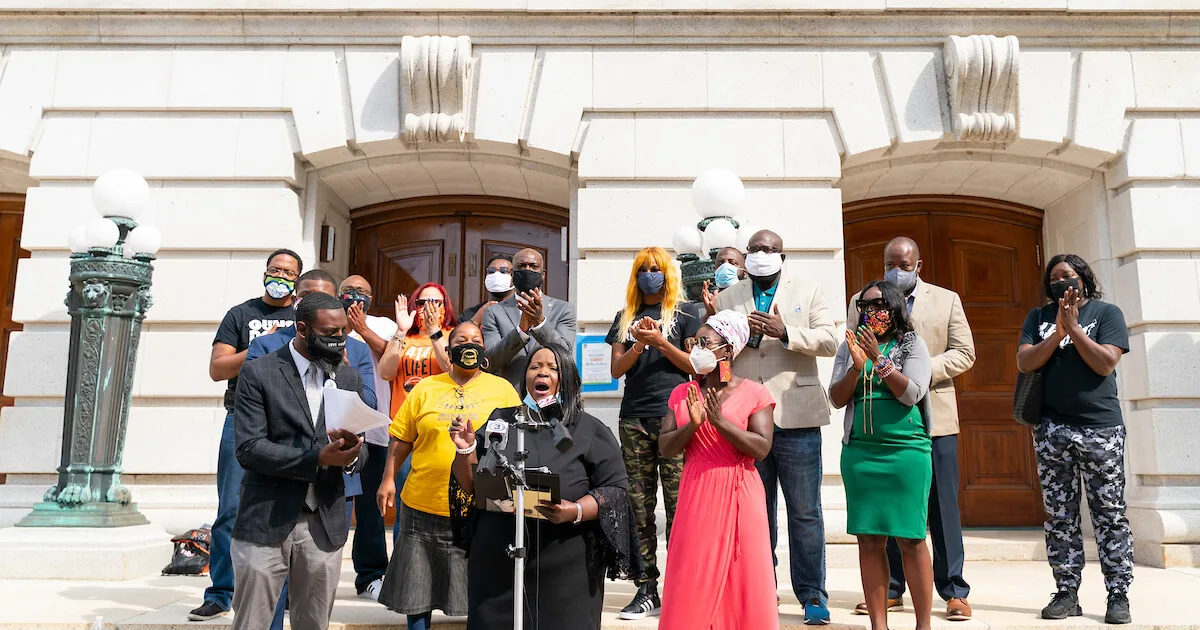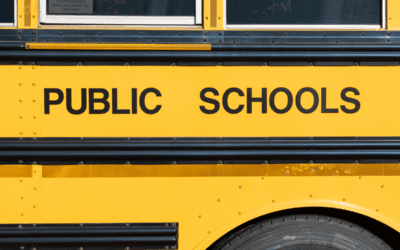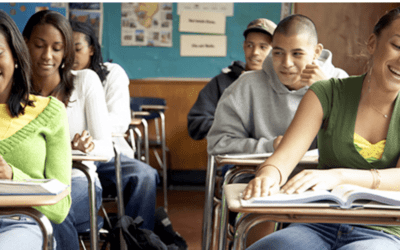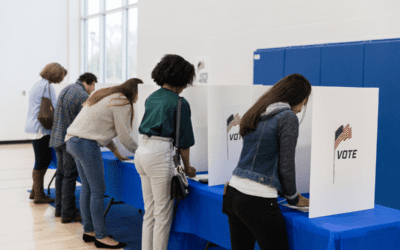
#image_title
The snub to victims of police violence is likely to be compounded by Tuesday’s Kenosha visit from President Trump.
Despite calls from Black activists, lawmakers, non-profit organizations, business owners, athletes from the Bucks, Packers, Brewers, and the family of Jacob Blake, who is now paralyzed after being shot by a police officer, Republicans did what many assumed they would do Monday. Nothing.
In nearly empty Senate and Assembly chambers, a special legislative session called for by Gov. Tony Evers to discuss police reform was gaveled in and then immediately went into recess until Thursday. There was no debate and there was no action because there were virtually no legislators.
Instead, Republican Assembly members are moving forward with a task force to further explore issues impacting the Black community in Wisconsin.

“I anticipate coming to the floor, hopefully by the first of the year with a broad package of bills that really does more than this package of bills does to address the problems that people in communities of color are facing,” said Assembly Majority Leader Jim Steineke, R-Kaukauna.
Steineke, who has been named chair of Assembly Speaker Robin Vos’ task force on racial disparities, educational opportunities, public safety, and police policies and standards, told the press outside the Assembly chambers Monday that he has not yet named others to the task force. It will include religious leaders and those with the Boys & Girls Club. He said the task force would not look like him.
“The task force is going to be much more representative of communities of color,” he said.

A renewed call for lawmakers to meet and take action came after a Kenosha police officer shot Blake, a 29-year-old Black Kenosha resident and father, in the back seven times Aug. 23 as three of young children were nearby. Blake was unarmed. The state Department of Justice and the Federal Bureau of Investigation are investigating the incident.
Earlier, Evers and Lt. Gov. Mandela Barnes had introduced the package of police reform bills shortly after George Floyd died after a Minneapolis police officer knelt on his neck for more than eight minutes, resulting in his death.
The failure for lawmakers to meet and debate the governor’s bills after he called a special session is a sign of the political tension between Evers and Republican leaders which dates back to a special session held to remove some gubernatorial powers shortly after Evers defeated Republican Scott Walker.
Evers has called special sessions on the topics of gun safety, education spending, and the farm crisis. The first two were gaveled in and out with no action.
This latest snub is also a sign of a growing divide between the two parties over police reform, a divide that stretches up to the presidential race.
“The people of Wisconsin don’t want another task force or more delays — they want action and results, and they want it today, not tomorrow or some day months down the road,” Evers said in his statement.
Before the legislative session was set to begin at noon, members of the Black Caucus were joined by representatives from the Milwaukee Office of Violence Prevention, The People’s Revolution, and the Urban League of Madison and Milwaukee, among others, at a press conference.

Brandi Grayson, founder and chief executive officer of Urban Triage Inc. in Madison, said the failure of lawmakers to act on the bills is seen as anti-Black.
“Your failure to do so is white supremacy in action,” Grayson said at the event.
“I am here to tell you what I often say: Nothing happens outside of white supremacy, patriarchal capitalism,” Grayson added. “We all have said time and time again, that the legislation, the legislators, the elected officials fail to hear the voices, the cries of Black people.”
Rep. LaKeshia Myers, D-Milwaukee, said she has not been asked to be on the task force, but said she would want to participate. She said there has to be an African American person at the table to give credence to the real issues facing African Americans in Wisconsin.
“Let me be clear, I’m not a fan,” said Myers’ of the task force. “As an educator, there is a time for you to learn things, and there is a time to give a test. This is test time.”

Grayson said the way to decrease community violence is to invest in resources, jobs, housing opportunities, and transportation.
“We are asking that you defund police and put that money into communities,” Grayson said. “We are asking that you put your money where your mouth is.”
Grayson said a rally is planned for 6 p.m. Monday at the Capitol.
“Everybody that moves against Black people—you are being put on notice,” she said. “Your time is almost up. If I have to run myself, I will remove you. This is no longer political, this is personal.”

Opinion: Many to thank in fair maps victory for Wisconsinites
On February 19, 2024, Governor Tony Evers signed into law new and fair state legislative maps, bringing hope for an end to over a decade of...

Opinion: Empowering educators: A call for negotiation rights in Wisconsin
This week marks “Public Schools Week,” highlighting the dedication of teachers, paras, custodians, secretaries and others who collaborate with...

Op-ed: Trump’s journey from hosting The Apprentice to being the biggest loser
Leading up to the 2016 election, Donald Trump crafted an image of himself as a successful businessman and a winner. But in reality, Trump has a long...

Not just abortion: IVF ruling next phase in the right’s war on reproductive freedom
Nearly two years after the US Supreme Court overturned Roe v. Wade, another court is using that ruling to go after one of the anti-abortion right’s...




